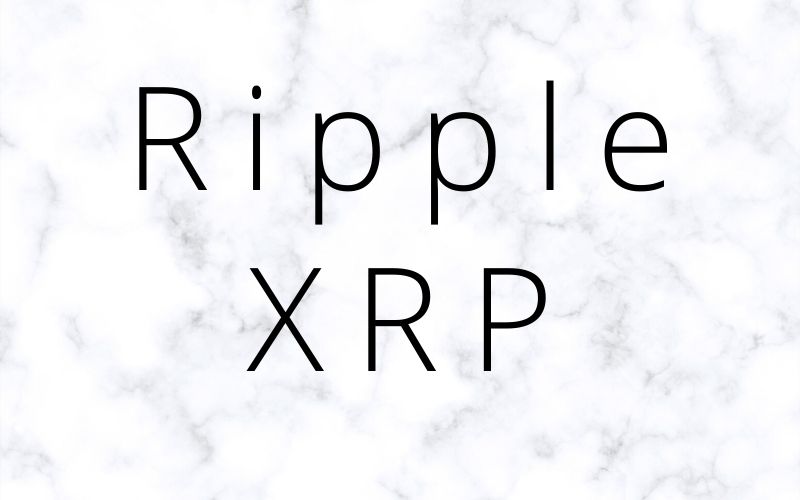According to Ripple, Forte, one of its biggest investments ever, has been leveraging the digital token XRP to cause transformation in the $140 billion game industry.
Sometimes last year, the investment arm of Ripple, Xpring allocated $100 million to aid Forte, the gaming company, in bringing blockchain technology games to the mainstream.
In a recently published blog post titled “Blockchain Technology Is Game Changing”, the cross-border payment giant, Ripple stressed the importance of blockchain to the game industry.
According to Ripple, its investment in Forte is targeted at convincing companies to funnel in-game purchases of virtual goods using the technology.
Ripple wrote:
“Forte’s community-focused platform arms developers with the necessary tools and services that make it easy to integrate blockchain technology in-game economies, enabling more equitable business models, deeper player engagement, and entirely new types of digital interactions…
One of the key innovations of blockchain technology is its ability to unlock new economic and creative opportunities for players and game developers—but for most, the technology is extremely difficult to access, use and deploy.”
Forte Uses XRP to Maximize Cross-Chain Interoperability
According to Ripple, Forte is already leveraging the digital asset XRP to power gaming economies and maximize cross-chain interoperability and others.
“Forte leverages the Interledger Protocol (ILP), our open-source protocol for conducting transactions across different blockchains. In combination with ILP, the company utilizes the digital asset XRP to maximize cross-chain interoperability, security, and inter-asset liquidity.”
Brett Seyler, the co-founder of Forte stressed the capability of blockchain technology in simplifying complex gaming economies.
He said:
“Creating game economies with multi-sided participation, open markets, and increased transparency offer a potent solution to the challenge of the complexity plaguing game developers that result in stagnant economy design.”
Seyler also added that “The free-to-play business model dominates the way games are run now. This model has grown the gaming industry more than any other business model in the last ten years.”
